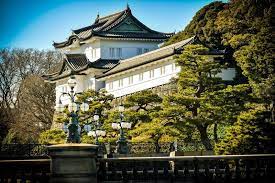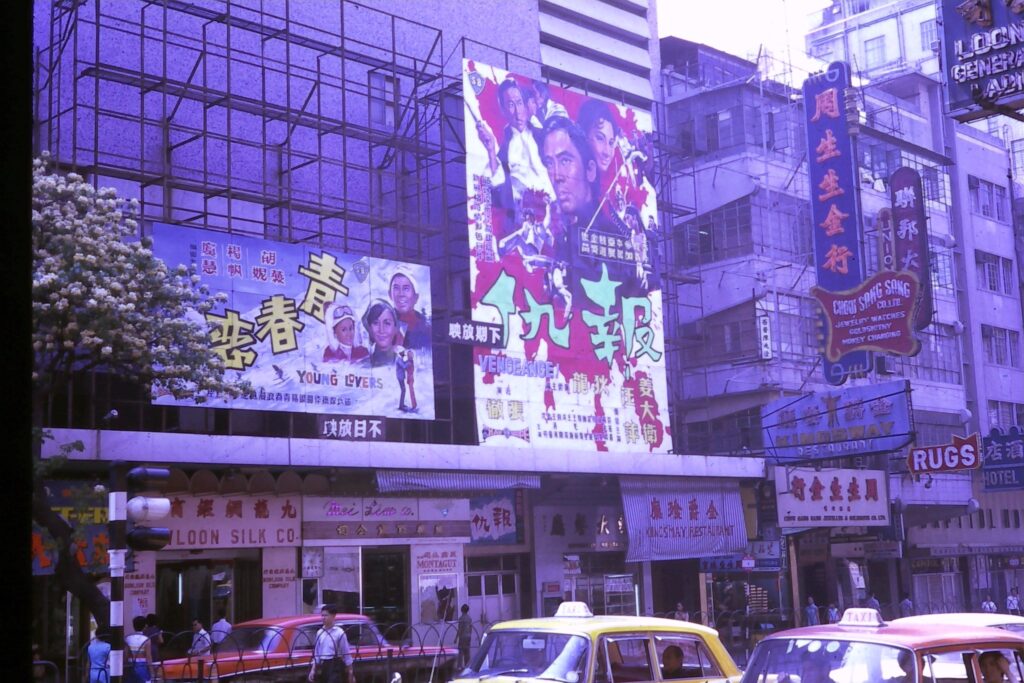
As we get closer to the upcoming presidential election, I’m looking forward to the latest round of articles about “the best president ever”. These lists usually include Abraham Lincoln, FDR and Thomas Jefferson somewhere in the top three or four depending on where in the cycle of historic popularity their reputations happen to be. Other presidents such as Teddy Roosevelt, Wilson, Truman, Eisenhower and Reagan will go on and off the list depending on the whims and the political orientations of the list makers. JFK has occasionally been on the list of best presidents since shortly after his assassination. The more recent a president, the more likely he is to show up on these lists. This is due partly to the fact that we tend to give higher regard to those things about which we have firsthand knowledge. Any list done over the last 15 to 20 years may include Clinton or Obama or Trump, although, given the polarization of the political process today it’s unlikely that all three would be on the same list.
But what exactly does “best president” mean? How would you come up with quantitative measures that can be used to grade presidents and create a reproducible list? Of course, being “best “ largely depends on the severity of the problems faced by the president and the success of his solutions. It also seems to me that all such lists must be subjective and influenced by the political ideology, social position, financial status, education, and region of the country of the list maker. Personally, I don’t know how to even begin to rate a best president.
While I may not know who the best president was, I strongly believe I can tell you who the most important president was and always will be, that is George Washington. To borrow a phrase from historian James Flexner, Washington was the indispensable man. He had the combination of experience, strength and dignity that was necessary to guide this country through those first critical years. Without his initial leadership it’s possible that the country may have disintegrated it into several smaller bickering independent states that likely would have been annexed by the European powers. George Washington is the man who turned These United States with an emphasis on States into The United States with an emphasis on United.
George Washington’s importance began before there was a presidency or even a formal government. Without his leadership as the commanding general of the Continental Army there likely never would have been a United States at all.
Washington was never a great tactical general. He had very few battlefield victories, although his victories at Trenton and Princeton came at an important time for the fledgling revolution. They might even be considered strategic victories and it was his role as a strategic general that led to eventual victory.
Washington recognized that he did not have to win on the battlefield but only had to maintain the Continental Army as a field force and outlast the British will to conduct an overseas war. At a time when others were urging him to meet the British in a large European style battle, he recognized that losing decisively on a battlefield may have been enough to shatter the Continental Army and with it the entire Revolution. If you are not familiar with the many attempts early in the Revolutionary War to oust Washington from command, it will be well worth your time to read more about it.
At the end of the Revolution, Washington returned his Commission to the Continental Congress and retired to Mount Vernon. He expected to spend the rest of his days managing his estates. But his country was not yet done with him.
After the Revolution, the country was governed under the Articles of Confederation, a document that Washington called …” a rope of sand.” Multiple attempts were made to revise the articles, including a failed convention in Annapolis in 1786, to which only five states sent representatives.
When another convention was called in Philadelphia in 1787, Washington initially declined to participate, believing it would be no more successful than the Annapolis convention had been. Finally, James Madison and Henry Knox persuaded him to attend.
Washington arrived in Philadelphia and was promptly elected president of the convention. It was his presence that largely influenced every state except Rhode Island to send delegates. His presence also emboldened the delegates to embark on the creation of a new Constitution, rather than a simple revision of the articles as they had been tasked by their states.
As president of the convention, Washington maintained a non-partisan role. He seldom participated in debate and generally joined in the voting without comment. He felt it was his role to maintain the decorum of the convention, something he could do only by remaining above the fray.
Currently, there is much debate about the three-fifths clause and the role of slavery in the shaping of the Constitution. At the time, this was not the only contentious issue being debated. The role of a chief executive had the potential to be equally divisive.
Having just fought a revolution against a monarchy, many of the delegates had a strong distrust of centralized power. An initial proposal was to place executive power in a three man board. Prolonged discussion revolved around how to choose the board and how it would function. As it became clear that Washington could be the first president under a new constitution, support solidified behind the single chief executive. Without his presence, there may never have been a presidency at all.
Much has been made about the role of the Federalist Papers in the ratification of the Constitution. While they undoubtedly influenced the wealthy and the well-educated, the knowledge that Washington supported the Constitution and would be, without doubt, the first president was more important to the average citizen.
Washington was so popular at the time that some even suggested he be made “King of America”; an idea he would never even acknowledge.
In sum, even before he took the oath of office, George Washington was indeed our most important president.
Further reading:
Washington: A Life, Ron Chernow.
George Washington: The Political Rise of America’s Founding Father, David O. Stewart.
Washington: The Indispensable Man, James Thomas Flexnor.
George Washington’s Journey: The President Forges a New Nation, T. H. Breen.
The Summer of 1787: The Men Who Invented the Constitution, David O. Stewart.
George Washington: A Biography, Douglas Southall Freeman. This seven-volume set is the gold standard of Washington biographies.



Presidential Trvia
By John Turley
On May 29, 2023
In Commentary, History
Who Am I?
Two of my favorite subjects are American history and trivia. When Margie and I first got married one of our favorite ways to spend time with friends was to play the then popular game Trivial Pursuit. That’s when I discovered that I am the master of useless information, the repository of all things that will never earn me any money. But it’s still fun and when I can combine my love of trivia with my love of American history, so much the better. This is the first of what I hope will be a series of posts about American history trivia. We’ll start with the presidents. A subject that most of us know a fair amount about but maybe not as much as we think.
Before I go into the questions, we’ll start with the mystery man above. That’s James Buchanan, the 15th president of the United States. Now The Grumpy Doc must admit that he did recognized this fellow. If you did, bonus points for you. However, no prize for beating The Grumpy Doc beyond a sense of satisfaction that comes from besting the master. Did I mention that not only am I grumpy, but I’m also cheap?
The first question should be an easy one.
ANSWERS
There is a lot more presidential trivia, but this is enough for our first go around. Please send me comments about your success in answering these questions. My score was right around 70%. Hopefully some of you can do better. But of course, if you do, The Grumpy Doc will never admit to having been beaten.